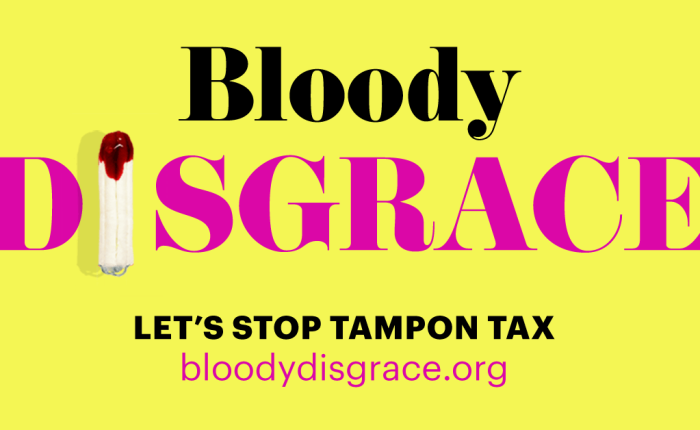Getting women involved in tech, and more broadly STEM, is a long process. Currently, according to reports released by the world’s 11 biggest tech companies last year, just under 30% of tech employees are women. Tech conferences fare no better – even given the tech industry’s overall poor statistics, Web Summit’s statistics of 18% female speakers in 2015 is still surprisingly low. With so many issues at play this is a complicated mission, which of course means that it needs thoughtful solutions.
Recently, in attempting to address this, Web Summit announced their commitment to change in a blog post. Sinead Murphy, head of production at Web Summit, states:
As a woman producing what’s become the largest tech and startup conference in the world, I’ve been acutely aware that female participation in the tech sector has been and continues to be a significant issue.
The post goes on to describe Web Summit’s initial attempt to solve this issue, which is giving away 10,000 tickets to women for their events across the world in 2016 (which includes Web Summit, RISE, SURGE, and Collision). While the low level of female attendance at tech conferences is certainly an issue, giving away tickets is simply addressing the symptom rather than the cause.
The reason women aren’t attending conferences isn’t because we aren’t able to secure our own tickets. Trust me, we can buy our own tickets (after all, all we women do is shop right?!) Women haven’t typically been treated that well at tech conferences over the years – in 2015 for example, T.J. Miller called a woman a bitch while on stage presenting the Crunchies and Britney Muller, Founder of Pryde Marketing, was told before taking the stage at PubCon, “Don’t be nervous. You’re hot! No one expects you to do well.” In fact, 2015 hasn’t been that kind to women across the tech space in general.
More than the offer of free tickets itself (which, to be honest, Web Summit etc. seem to throw at every possible group like open source contributors and students, in addition to the constant 2-for-1 offers), Web Summit and Collision ran a Facebook ad campaign to get the word out about their patronising plan. Unfortunately I didn’t take a screenshot at the time, and I can’t find one for the life of me (if anyone has one, please add it in the comments!) The theme of the ads was “send a free ticket to a female entrepreneur of your choice.” I’m not sure if it was just the wording or, more problematically, the intention behind the concept that was at fault, but the ads came across as an attempt to encourage men everywhere to charitably help those poor women around them to attend a tech conference. Which will in no way represent them anyway, but hey! Give them women a hand! They need it!
There are so many ways we can help woman get involved in tech conferences. Here’s some ideas for Web Summit and other tech conferences across the world – why not give some of these a go?
- Find more women speakers – this year, 18% of the speakers at Web Summit were women, according to data from Capgemini. That’s up from previous years, but still pretty far off what it should be.
- Put an anti-harrassment policy in place – Web Summit has one of these in place, which you can find on their website.
- Tone down the ‘boys club’ attitude – ‘jokes’ on stage like the comments made by T.J. Miller, and the use of porn in presentations, don’t make us feel good. They make us feel objectified, minimized, and sidelined.
- Pay attention to other minorities – flicking through pictures of tech conferences, there is not only a noticable lack of women, but also a lack of the diverse communities that make up our societies.
- Avoid a ‘whoever yells the loudest wins’ attitude – guess what? Women typically don’t have the loudest voices. Making us shout to be heard means that we won’t be.
- Consider facilities and timings – people, both men and women, can have other commitments, especially if they’re parents. All night hackathons may be difficult for parents to attend. Weekend conferences may be tricky. Would childcare facilities be relevant for your audience?
For more ideas, I recommend this post on Geek Feminism about women-friendly events. As Murphy pointed out at the end of her Commitment to Change blog post:
Is this enough? Absolutely not. Is this a significant step for Web Summit? Yes, for sure. But let’s be realistic, it’s a tiny step in the right direction along a path that the tech industry as a whole needs to move down.





